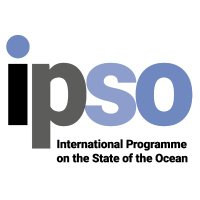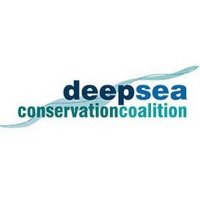
International Programme on the State of the Ocean
@oceanipso
IPSO - Marine science and communications org increasing our collective understanding of the role of the ocean to life on Earth
#OneOceanOnePlanet
ID: 1567903322
http://stateoftheocean.org 04-07-2013 10:33:58
5,5K Tweet
1,1K Followers
528 Following



⛔ Destructive fishing practices threaten marine life and contribute to increased carbon emissions. "Scientists believe the twilight zone contains the largest biomass of fish in the ocean. Deep fishing could disrupt the ocean carbon cycle." Natalie Andersen sentientmedia.org/overfishing-fu…


⏰ REMINDER! This #DeepSea coral needs a name! There is still time to suggest a suitable name for this new-to-science, yellow and plate-like coral. 🗓️ Submit your name by 8 September 2024. Don't miss this opportunity ➡️ deep-sea-conservation.org/coral-naming-c… Dr Michelle Taylor





Curbing #Overfishing and #BottomTrawling could make a strong #ClimateChange case by saving 5.6 million metric tons of CO2 per year. Our lead scientist Natalie Andersen authored this study👇 on the ocean’s powerful carbon cycle. sentientmedia.org/overfishing-fu…

🎉#UNGA78 officially adopted the #DecadeofActionforCryosphericSciences, launching at the beginning of 2025. With #GlobalWarming approaching 1.5°C with dramatic effects on glaciers, the initiative will help promote global goals like #30x30. #RiseUp4TheOcean oneplanetsummit.fr/en/coalitions-…


Whale sharks help maintain healthy marine ecosystems by regulating plankton, but face growing threats from pollution to habitat loss & climate change. On Friday's #WhaleSharkDay & every day, we can all help protect this endangered species by taking #ClimateAction. — via UN Environment Programme



🦈 Despite being the biggest fish in the ocean, whale sharks are gentle giants and look nothing like their relatives. They are listed as #Endangered on the IUCN Red List, mainly threatened by #bycatch, fisheries, finning, and #ClimateChange. #WhaleSharkDay ifaw.org/uk/animals/wha…









